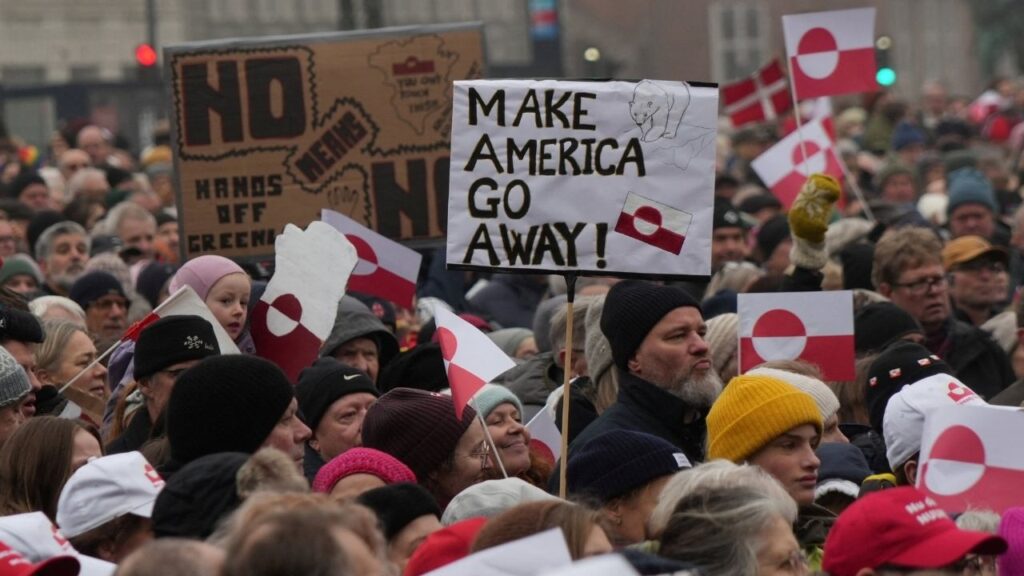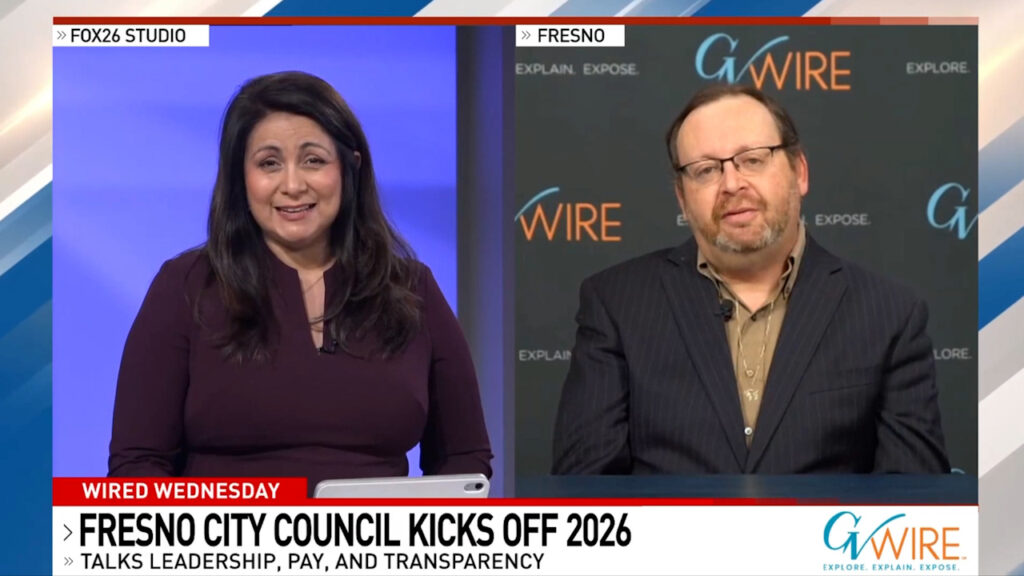Share
ESPN
The sudden disappearance of sports will erase at least $12 billion in revenue and hundreds of thousands of jobs, an economic catastrophe that will more than double if the college football and NFL schedules are wiped out this fall by the coronavirus pandemic, an analysis conducted for ESPN shows.
The meltdown is a fraction of the crisis spreading across the country, but it is nonetheless historic, touching every sector of the $100 billion United States sports industry.
From stadium authorities to youth sports complexes, from rec centers to global TV networks such as ESPN, the scale of devastation is only now coming into view. Some organizations, especially at the lower levels of sports, say they’ll be lucky to survive. The pain is especially acute among the army of low-wage service workers who support pro and college sports and are now unemployed. The losses are draining tax revenue that helps support local services such as police and firefighters and contributes to the quality of everyday life in thousands of communities.
By ESPN Staff | 01 May 2020



















